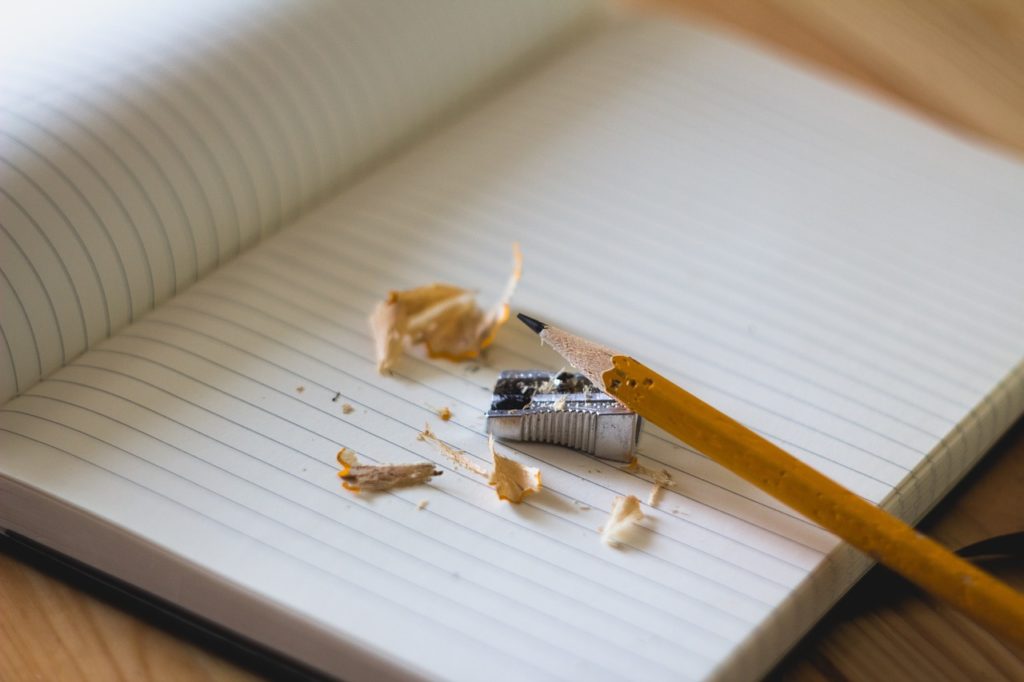“I have not failed. I’ve just found 10,000 ways that won’t work.” — Thomas Edison.
As a former rocket scientist, I view the world in hypotheses.
Life is my laboratory. Every new project or idea is a mini experiment. Some of these experiments work, but many others don’t.
Here’s an example. I’m teaching Comparative Constitutional Law next year. Previously, I’ve used a traditional law school approach: Use a textbook, assign cases, and discuss them in class using the Socratic method.
This time around, I’m experimenting with a different approach. Inspired by Seth Godin’s altMBA, I’ll conduct the class as a workshop. Students will tackle simulations of real-world activities, such as drafting constitutional provisions and negotiating a constitutional amendment. I’ll ask them to play the role of the politician, the academic, or the dictator. Instead of studying in a solitary fashion as most law school classes require them to do, students will work in groups, as they would do in the real world.
This approach might be wildly successful.
Or it may be a miserable time for everyone involved.
But what it won’t be is a failure.
If things don’t go as planned, it’ll be a hypothesis proven wrong. I can tweak the hypothesis, try a different approach, or revert to the original method I used to teach the class.
Therein lies the secret to taking the sting out of failure.
Instead of viewing life in binary terms–success or failure–think about it as a series of experiments. Some of these experiments will succeed and others won’t.
I’m far from the first person to highlight the importance of failure. The “fail fast” mantra is all the rage these days in Silicon Valley, and many entrepreneurs view failure as a necessary evil on the road to riches.
But my point is that failure isn’t an evil at all. It’s a prerequisite to doing anything different or original. If you’re not prepared to be wrong or to fail, you’ll be stuck with the status quo.
Think of failure as a vital investment in your future.
Every failure is a practical opportunity to educate yourself and to learn from your mistakes. Even if your ambition fails, you will have developed life-changing skills–in the same way that Edison found 10,000 ways that don’t work in his quest to create storage batteries.
Our aversion to failure is natural.
Growing up, failure got us into the principal’s office. Failure meant being grounded or getting our allowance cut. Failure meant dropping out of college or not getting our dream job.
But this natural tendency to avoid failure can be paralyzing.
I’ve had several students tell me that they won’t apply for a particular job because they can’t handle the thought of being rejected. Instead, they resort to the “safe option,” which is to apply to the job for which they’re a shoo-in.
As Wayne Gretzky put it, you miss 100% of the shots you don’t take. In playing it safe, you fail to realize opportunities to achieve your full potential. In my view, that’s failure of the worst kind.
To avoid the boogeyman of failure, we stay off the edges, so life becomes a race to the center.
The problem is, the center is too crowded. There is far less competition at the extremes.
To be sure, it’s important not to fetishize failure. Failing for the sake of failing is just as destructive as a fear of failure. By “failing,” I also don’t mean being sloppy. The sort of failure I refer to here requires putting in your best effort and learning from any stumbles that follow.
Earlier this year, I adopted an approach that Rosamund and Ben Zander discuss in their wonderful book, The Art of Possibility. Every time I make a mistake, every time I fail at something, I throw my arms in the air and say “How fascinating!”
A student told me I got something wrong in class? How fascinating! I learned something new.
Your startup failed? How fascinating! You learned how to do marketing, management, and a host of other skills that will serve you well in your next gig.
I butchered this essay? How fascinating! I’m comforted by the fact that “essay” is derived from the French word “essayer,” which means “to try.”
I’ll be back here to try again next week.



